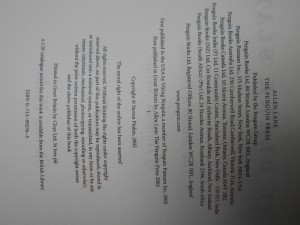
He further argues that a blank slate is in fact inconsistent with opposition to many social evils since a blank slate could be conditioned to enjoy servitude and degradation.Įvolutionary and genetic inequality arguments do not necessarily support right-wing policies. He also argues that grounding moral values in claims about a blank slate opens them to the possibility of being overturned by future empirical discoveries.

For example, he argues that political equality does not require sameness, but policies that treat people as individuals with rights that moral progress doesn't require the human mind to be naturally free of selfish motives, only that it has other motives to counteract them that responsibility doesn't require behavior to be uncaused, only that it respond to praise and blame and that meaning in life doesn't require that the process that shaped the brain must have a purpose, only that the brain itself must have purposes. Pinker claims these fears are non sequiturs, and that the blank slate view of human nature would actually be a greater threat if it were true.

Much of the book is dedicated to examining fears of the social and political consequences of his view of human nature: the ghost in the machine (each of us has a soul that makes choices free from biology).the noble savage (people are born good and corrupted by society)- romanticism.the blank slate (the mind has no innate traits)- empiricism.Pinker argues that modern science has challenged three "linked dogmas" that constitute the dominant view of human nature in intellectual life:


 0 kommentar(er)
0 kommentar(er)
